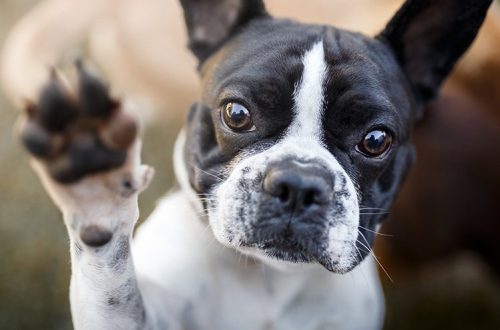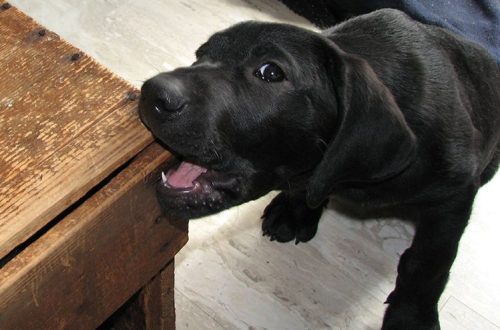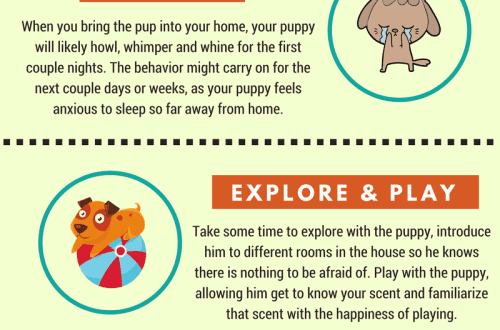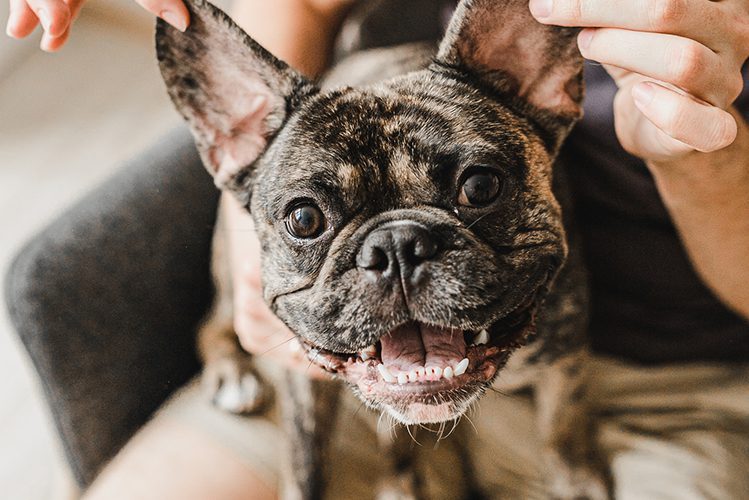
Puppy development from 7 to 9 months
By 7-9 months, puppies of small and medium breeds have already grown to adult sizes. Puppies of large and giant breeds continue to grow, but already show adult character. Do not rush: for a few more months your handsome man will remain a real baby and, as before, needs your care. What do you need to know about this stage of growing up? How to support a puppy, smooth out abrupt transitions for him and strengthen your friendship?
- Puberty.
Puberty begins in dogs at about six months of age. When it starts in your puppy is an individual moment. Much depends on the breed characteristics of the dog, on the state of its health and conditions of detention.
Most often, the first estrus in females begins in the period from 6 months to a year, but it can begin a little later. You can start to worry if the dog is already 2 years old, and she never had a heat. But even here there is an option: you could simply not notice the heat. The first estrus is usually short and unexpressed. If you have any doubts or questions, do not hesitate to consult a veterinarian.
If you want to know the time of your dog’s first heat, ask the breeder when the mother of the puppy went into heat. Most likely your dog will go into heat at the same age.
Physiologically, estrus indicates the ability to reproduce offspring. However, the first heat is not the best choice for mating. The body continues to grow, and the reproductive system continues to develop. You shouldn’t hurry. To give healthy offspring, dogs need to get stronger.
It is better to plan the first mating when the pet is 1,5-2 years old. And if you have a puppy of a large or giant breed, it is better to wait until 2,5 years.
During puberty, the puppy really needs your support and understanding. How dogs react to this stage is also individual. Some pets behave as usual, while others become obstinate and even aggressive. There are times when dogs torture their owners with an obsessive howl and refuse to eat. Males often try to challenge leadership and get into fights with other dogs on the grounds. Be careful when walking, because under the influence of instincts, the newly-minted Don Juan can break off the leash and run away.
The main thing you need to understand at this stage is how sexual development and maturation of your pet manifests itself. This is fine. If you are not going to breed, consider spaying and neutering. These procedures will save you from problems with unwanted offspring, protect your puppy from a number of diseases, reduce the risk of escape and disobedience.

- Active socialization.
At 7 months, the puppy is looking for his “place in the sun”: it is important for him to put himself in the company of other dogs, and they begin to perceive him as a sexually mature individual. During this period, the first conflicts with other dogs are possible. Just imagine: yesterday your cute puppies were chasing a ball together, and today they are getting into a fight because of a passing dog. Don’t worry, everything will be back to normal, there will be many more fun games!
Now the puppy is most curious. He is interested in everything: other animals, people and even transport. If possible, let him communicate with others (of course, if they show interest), visit new places, master various modes of transport.
Continue to develop and reinforce behavioral and command skills.
- New behavior.
At 7 months old, your naive puppy may begin to develop into a skilled manipulator. He already knows how to look at you in order to get what he wants. And he knows with what intonation to whine, so that you definitely pay attention to him.
It’s all pretty cute, but don’t let your pet sit on your neck. A spoiled dog that does not obey the owners will cause many problems in adulthood.
- Long walks.
From 8 months, the puppy can already withstand long intervals between walks: 5-8 hours. Be sure to thank him: put away your gadgets and play with him properly on the street. Let him throw out all the energy that has accumulated in him during the hours of tedious waiting. A variety of toys will help you: balls, frisbee plates, apportions.
The bones and joints of puppies of small and medium breeds are already sufficiently developed, and you can diversify your physical activity. No more fear of jumping and overcoming obstacles!
- Now I have adult teeth!
By 8-9 months, your dog’s teeth have already been completely replaced by adult ones. Blimey! How is this knowledge useful in practice? You can diversify the arsenal of your toys. Put the “baby teethers” on the top shelf and give your puppy serious new toys. It’s time to master the ropes for tug of war!
Adult teeth require responsible care. After all, they are with a puppy for life! Discuss your dog’s dental care options with your veterinarian and decide which one is more convenient for you.
- I know so much!
By 9 months, basic training courses are completed. If everything went well, your puppy is comfortable walking on a leash, knows how to behave at home and outside, knows how to build communication with strangers, and, of course, knows a basic set of commands. Now your task is to strengthen this knowledge and, if you wish, move on to practicing more complex skills.
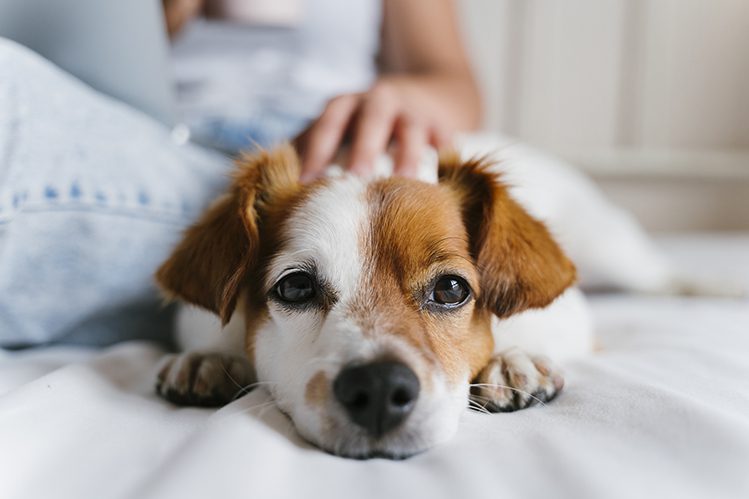
Just look at your pet! Recently, he took his first clumsy steps around your house and whined plaintively at night, and now he is almost an adult, accomplished dog! You can mourn a little about the time when he was just a baby. But don’t get carried away. There are so many more exciting things ahead! You are ready?



